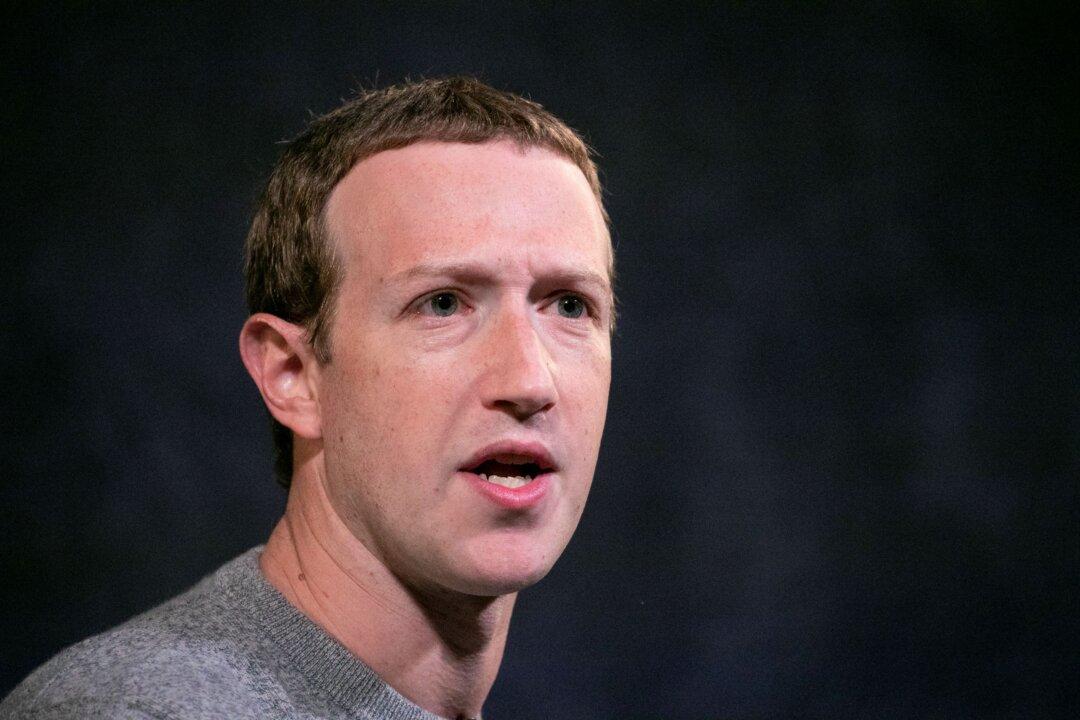
Facebook CEO Mark Zuckerberg speaks at the Paley Center in New York City on Oct. 25, 2019. Mark Lennihan/AP Photo
Meta has
ended its fact-checking program, among other major changes.
Here’s what to know.
‘Too Politically Biased’
Meta introduced the fact-checking program in 2016 after Donald Trump won that year’s presidential election.